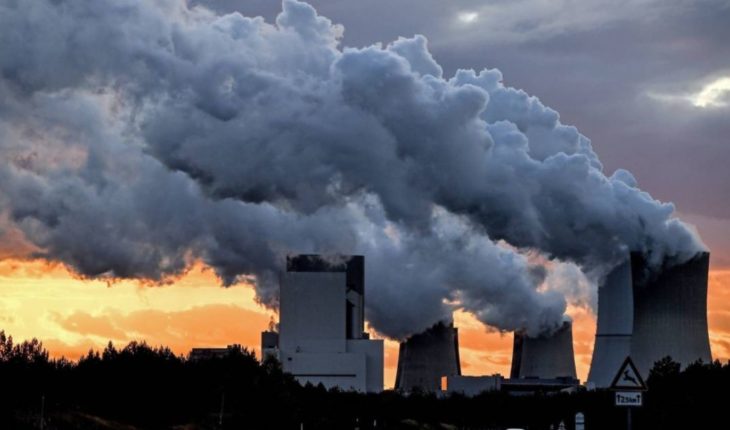In times of isolation much is discussed about the benefits to the environment of not having people driving on the streets. It is as a result that doubts arise about the relationship between the pandemic and the climate crisis; Is it a solution? or, on the contrary, can it lead to more problems? Marian Ventura, Bachelor’s Degree in Social Communication from the UBA and certified in the preparation of sustainability reports reflects on this.
A positive reality is the reduction in CO2 emissions from China, the world’s most polluting country, where blocking and falling economic activity from the pandemic led to an estimated 25% reduction in greenhouse gas emissions over four weeks, equivalent to 6% globally; explains Ventura, although he argues that it is more of a temporary illusion. This on the one hand, because CO2 concentration levels have so far been higher than last year; and on the other, because CO2 remains in the atmosphere and in the oceans for centuries, making the struggle to reverse the climate crisis a longer race, “that exceeds a reduction caused by a pause, imposed by the Coronavirus”. As if that were not enough, experts from the World Meteorological Organization warn of a possible extreme rise in emissions once the emergency was over, as was the case after the 2008 financial crisis, after which there was strong emissions growth in emerging economies, a return to previous levels in developed economies, and an increase in the intensity of fossil fuel use in the global economy.
And as an example of being on the same, Ventura examples the recent suspension—by the Trump administration—of its already lax controls of compliance with U.S. environmental laws during the Coronavirus outbreak; allowing polluters to ignore environmental laws for an indeterminate time, arguing that these violations were caused by the COVID-19 pandemic. In turn, this economic recovery at any cost envisages an acceleration in CO2 emissions such that it will make it impossible to meet the reduction targets needed to maintain global temperature and stop global warming.” In parallel, one of the results of the pandemic drama is the exponential increase in biomedical and hazardous wastes generated. The United Nations Environment Programme has already warned about the unforeseen effects that inadequate management of these wastes could have on human health and the environment,” she says.
He adds that to do so, the environmental authority calls for safe management of household prevention waste, such as beards, gloves, medicines and other contaminated items; that should be treated as hazardous waste, disposed of separately and collected by specialized operators, to avoid secondary impacts on health and the environment. Greenpeace also warns that with confirmation of the postponement of major international meetings, such as COP26 (United Nations Conference on Climate Change)—crucial to the effective implementation of the Paris Agreement and the Convention on Biological Diversity (CBD), the main decisions needed to address the emergence of climate change and the collapse of living beings are at risk. Ventura concludes, then, that “if one thing is clear is that the Coronavirus pandemic is a race that we must win urgently, but the climate crisis is a longer marathon with endemic obstacles, which runs into everyone’s commitment and action. And that one of his symptoms is not the solution.”





